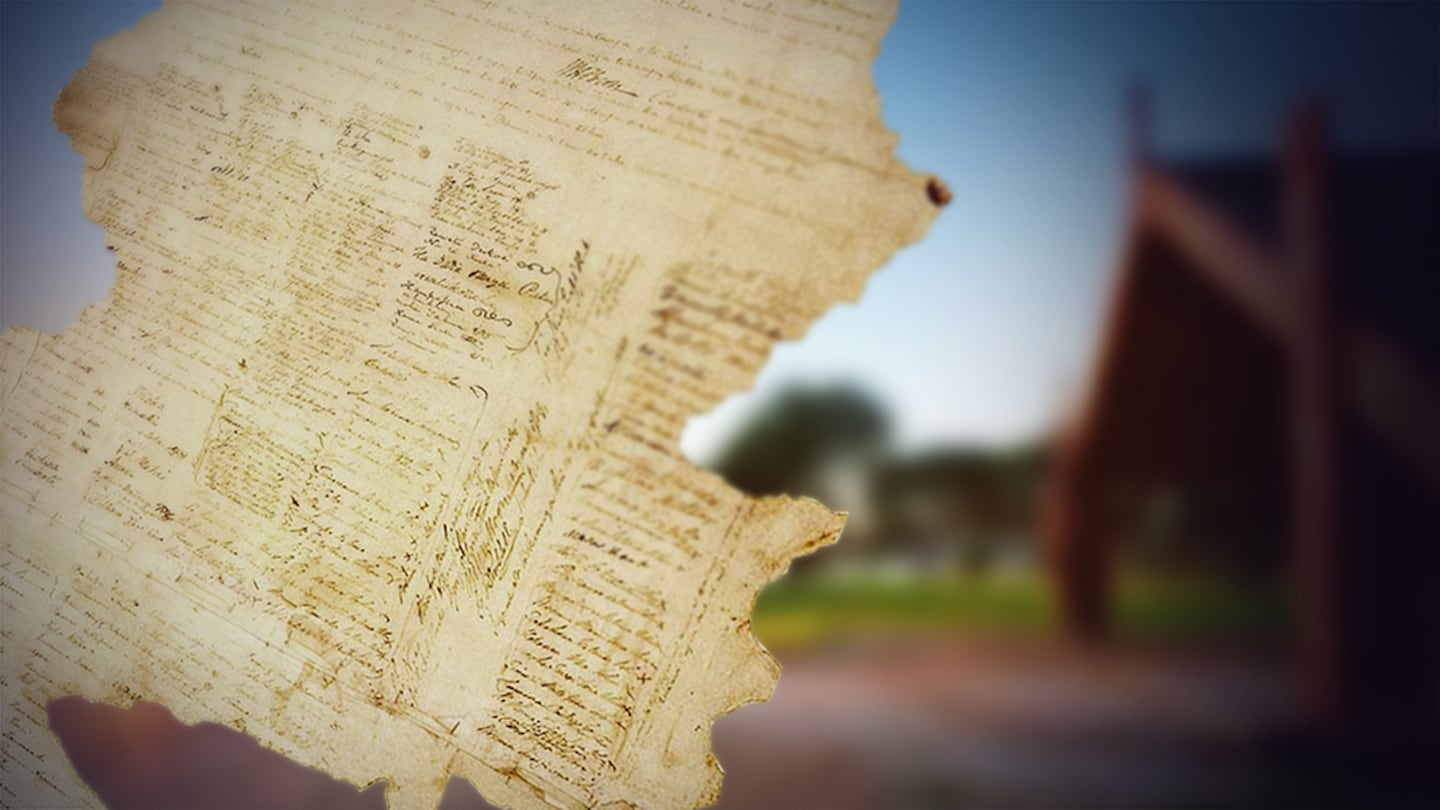Eastern Bay of Plenty iwi Te Whānau a Apanui and Treaty Negotiations minister Andrew Little have initialled the Deed of Settlement, allowing the iwi to ask its members to consider the deal on offer.
Te Whānau a Apanui has 12 hapū and a population of approximately 13,000 people with their area of interest being between Hawai and Pōtikirua.
Dayle Takitimu, Te Whānau a Apanui uri and negotiator says the milestone has been a long time coming for the iwi.
“We’ve seen many governments and many ministers come and go as you can imagine. We’ve sat at the table with many of them throughout that process, we’ve taken at times some steps forward and some steps back.
“It’s been frustrating at times as the government sees the Treaty as negotiable. We’ve tried to hold the line as an iwi to say that the rights negotiated by our tipuna have been set in stone since the 14th of June 1840 when our four tipuna, Te Aopururangi, Te Wharau, Te Aomārama and Te Ahiwaru signed Te Tiriti o Waitangi at Te Kaha.
“That was the crystallisation of pre-existing rights for our iwi. Those were not up for negotiation again.”
The deed includes a Crown apology, an agreed historical account as well as financial and cultural redress for historical breaches of te Tiriti that caused harm to Te Whānau a Apanui.
Some $30 million will be given to the iwi under the deal, as well as 5,000 hectares of marine space reserved for aquacultural pursuits, a joint Conservation Management strategy over the Raukūmara ranges with Ngāti Porou and the Crown.
Te Whānau a Apanui will also form relationships with core Crown agencies.
“This is a significant day for Te Whanau a Apanui that brings them a step closer towards realising the aspirations of their people today for the generations to come,” Treaty Negotiations Minister Andrew Little said.
“This deed reflects the importance and interconnectedness between the whenua (land), the wai (water) and the moana (sea) to Te Whanau a Apanui whakapapa and identity.
“The package recognises the centrality of hapū to Te Whānau a Apanui, and the importance of te ao tūroa (the natural world), including the Raukumara Range and surrounding moana.”
Dayle Takitimu says although not all of what the iwi was seeking has been met to reach this point, it is a starting point for the iwi.
“We’re not quite sure we’re all the way there, yet. But we’ve taken the stance that this is as far as we’re going to get for a while. So we as an iwi just need to maximise the opportunity.
“We’re not going to get all the way there because this is a system that is entrenched in anything but honourable Treaty implementation and we’ve got to cut our iwi free from the oppression.”
Negotiations between the Crown and Te Whānau a Apanui first began in 2004 under the former Foreshore and Seabed Act 2004.
As such, Te Whānau a Apanui will also have takutai moana rights affirmed, similar to aspects achieved by Ngāti Porou under the 2008 Heads of Agreement deal. Te Whānau a Apanui is in a unique position in that it has maintained a lot of its coastal ownership.
“We haven’t suffered raupatu the same way other people have. That’s not to say other iwi should be punished by the Crown for that position, but our relative isolation has left us in a particularly unique position where 97 per cent of our coastal lands remain in hapū hands.
“We also consider ourselves Tangaroa people, which means that our whakapapa as a people comes directly down from Tangaroa and our mokopuna of today claim that ancestry directly from Tangaroa. So our customary title to the sea is something quite different to a colonial title.
“We’re looking for recognition inside a completely different system but we’ve seen our rights entrenched within our traditional system which is again, not negotiable.”
Te Whānau a Apanui will now consult iwi members about accepting the Deed of Settlement, or rejecting it.



